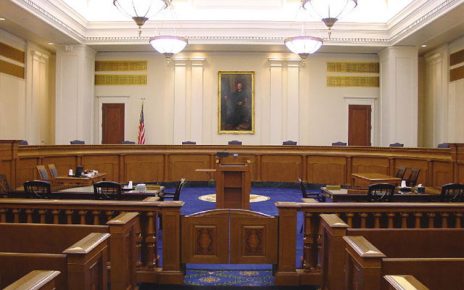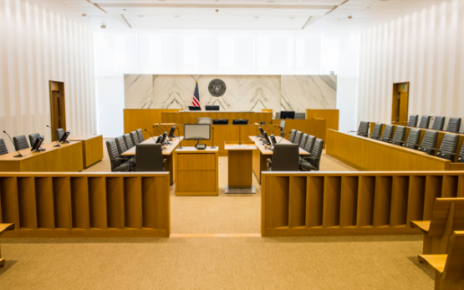Exchange Services for Supervised Child Visitation
Division 8, Part 2, Chapter 13 of the Family Code deals with supervised visitation and exchange services, education, and counseling relating to the custody of minor children. Section 3200 required the Judicial Council to develop standards for supervised visitation providers...





